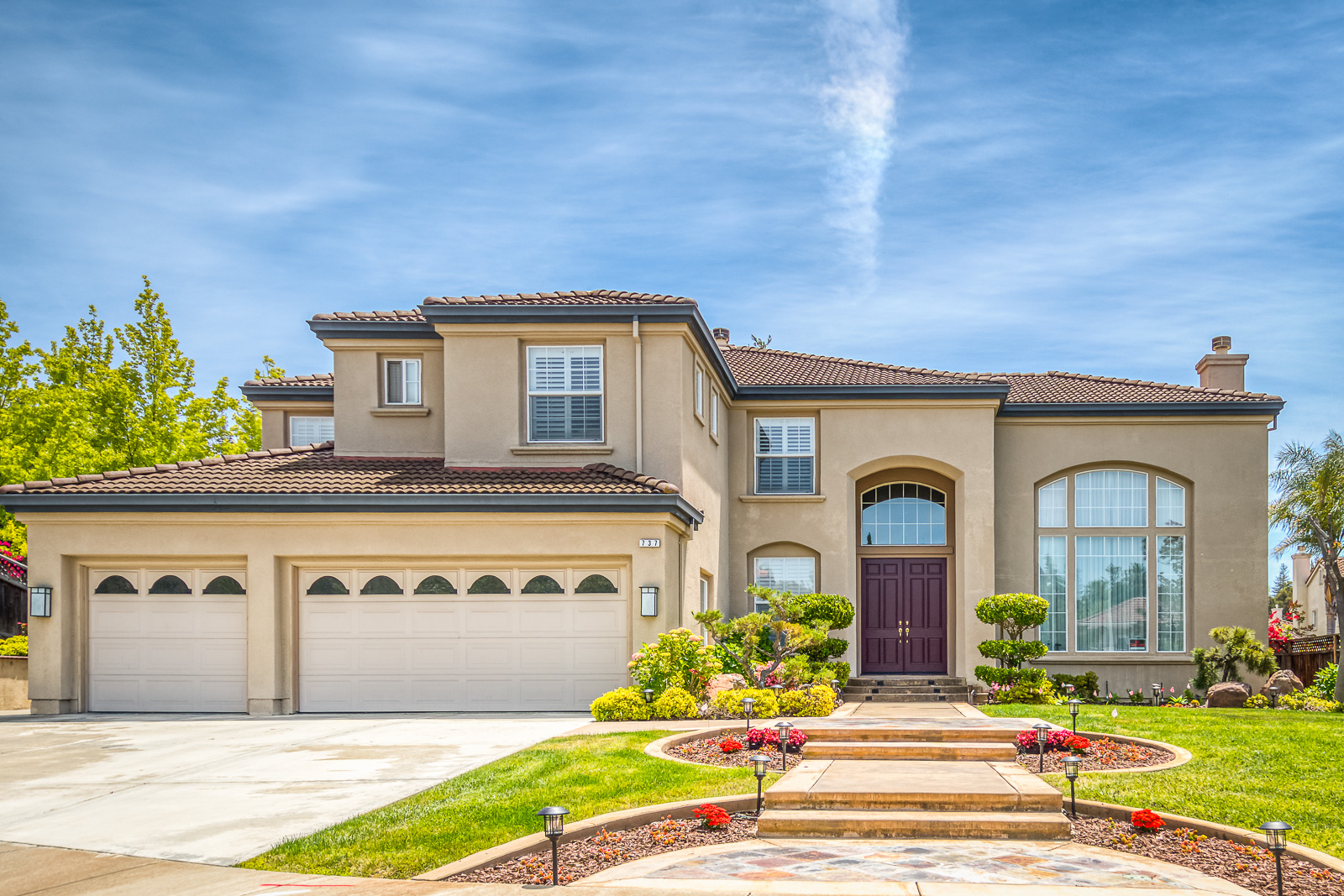“How much is my home worth?” is the first question in most sellers’ minds when getting ready to list.
In response, we always start by reminding clients that pricing a home for sale is a business decision, not a personal one. This helps clear the air from all the emotions which tend to get in the way of a successful transaction.
To answer plainly, the value of a home is what buyers are willing to pay for it. No more, no less.
“A lot of sellers feel like there’s that one buyer out there who is going to pay way over market value for their home. But that just doesn’t exist. Even if a buyer falls in love with the home, they’re still going to be looking at [comparable properties]. No buyer wants to overpay.”
– Michael J. Okun of Sotheby’s International Realty
Why Pricing Is Important
We want to make sure you don’t overprice your home because it will lead to a decline in interest after a few weeks on the market. Of course, dropping the price later is possible, but it might be a little too late.
On the other hand, pricing it low, especially in a seller’s market, shouldn’t worry you. Homes priced below market value will often receive multiple offers—each higher than the other—until reaching or exceeding the market value.
That said, let’s review the factors that determine price, and the process by which we arrive at a competitive valuation.
Factors For Determining The Best Price
- Location
The value of a particular location is primarily driven by the priorities of the buyer. A young couple about to start a family might place a higher value on a home located in a high-quality school district while an older couple might prefer a quiet neighborhood. Proximity to amenities, public transport, crime incidence, and job opportunities also determine the premium—or discount—buyers use to appraise a location.
- Comparable Properties
Comparables, or “comps,” is a real estate appraisal term referring to properties with characteristics similar to yours. Besides location, we’ll want to look for comps that most closely match your property, such as lot size, square footage, year of construction, and number of rooms. The date a home was last sold also plays a role. Ideally, we only want to look at similar homes that have sold in your area within the last three months.
- Condition
Your home’s condition has such a major impact on its value that some buyers will pay a premium for a well-maintained home. If it’s not in good shape, your home will likely still sell, but you may have to list it at a lower price than you prefer. We may even need to add an ‘as-is clause’ into your sales contract.
- Upgrades
Remodels, renovations, or upgrades—any updates you make to your home prior to selling—will have an impact on its value. However, not all updates are equal. Certain renovations and remodeling projects have a better return on investment than others. Click here for the most current NAR Remodeling Impact Report to see which projects have a better return.
A Peek At Our Pricing Process
To get a better sense of the approximate market value for your home, follow this quick process:
- Check active listings.
Most online valuation tools will display active listings in your area. Check each one and make a list of their features. Make sure, though, to compare apple to apples, i.e., homes:
- Within a 1/4 mile to a 1/2 mile radius.
- Of similar square footage, within a 10% variance up or down.
- Of similar age and construction.
- Of similar lot size.
- Of similar condition.
Once you complete your list, we recommend you personally tour each home to get a better sense of the competition. After each visit, record the factors which gave you a favorable impression. When ready to stage your home for sale, your agent should work with you to recreate these positive characteristics.
- Ask us to run a Comparable Market Analysis (CMA).
A CMA looks at recent sales of comparable properties, not active listings nor pending sales which don’t carry the same weight as a home that has already sold.
Many homeowners wonder if it’s best to hire an appraiser to establish the value of their home. However, keep in mind that the “appraisal value” isn’t always the same as the “market value.” In any case, when financing the purchase, mortgage lenders will contract their own appraisal and not base their funding decision on the one contracted by the seller. For more on appraisals, click here (“Homesellers, How To Achieve Higher Appraisals”).

